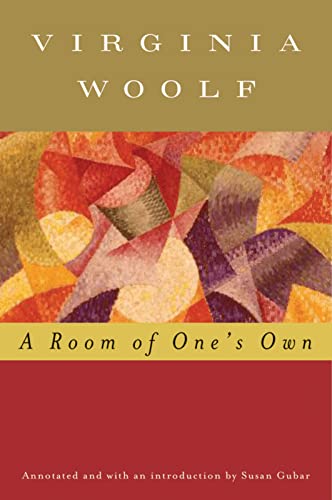This annotated edition of the landmark inquiry into the women's role in society by one of the twentieth century's greatest thinkers, Viriginia Woolf's classic A Room of One's Own features an introduction by English and Women's Studies professor Susan Gubar, perfect for critical analysis in classrooms and beyond.“A woman must have money and a room of her own if she is to write fiction.”In A Room of One's Own, Virginia Woolf imagines that Shakespeare had a sister: a sister equal to Shakespeare in talent, equal in genius, but whose legacy is radically different. This imaginary woman never writes a word and dies by her own hand, her genius unexpressed. But if only she had found the means to create, urges Woolf, she would have reached the same heights as her immortal sibling. In this classic essay, Virginia Woolf takes on the establishment, using her gift for language to dissect the world around her and give a voice to those who have none.
VIRGINIA WOOLF (1882-1941), one of the major literary figures of the twentieth century, transformed the art of the novel. The author of numerous novels, collections of letters, journals, and short stories, she was an admired literary critic and a master of the essay form.
MARK HUSSEY, general editor of Harcourt's new annotated Woolf series, is professor of English and women's and gender studies, and editor of the Woolf Studies Annual, at Pace University. He lives in Upper Nyack, New York.
